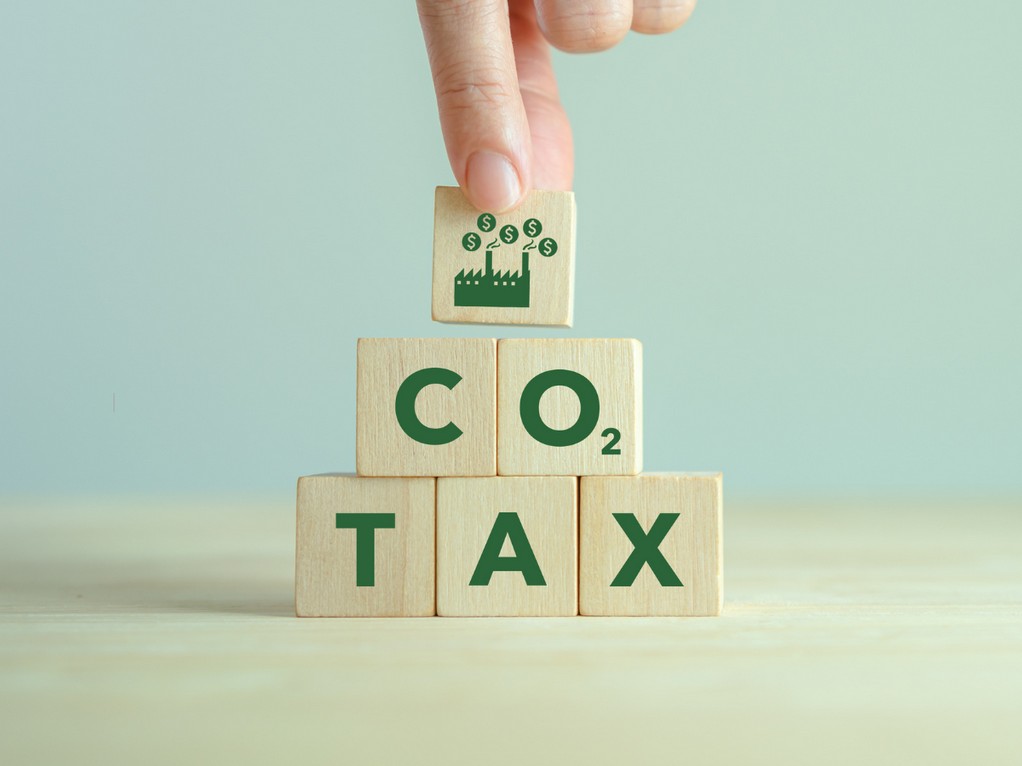India and the European Union have constituted two teams to discuss issues pertaining to the EU’s carbon tax, which will kick in from October 2023.
The European Union (EU) is introducing the Carbon Border Adjustment Mechanism (CBAM) from October 1 this year. It would have an impact on seven carbon-intensive sectors, including steel, cement, fertiliser, aluminium and hydrocarbon products.
India raised these issues in the Trade and Technology Council (TTC) meeting between the two regions in Brussels in May.
In that meeting, India presented the problems which would be faced by domestic MSMEs due to this tax and also matters related to modalities to comply with that.
India has suggested the EU to recognise some certifying agencies in India as it would be an expensive affair for a small Indian exporter to take certificates from the EU. India has asked for recognition to its Carbon Credit Trading Scheme (CCTS), which is under preparation.
India has already sought exemption for its MSMEs from the European Union’s carbon tax.
According to a report of the think-tank GTRI, CBAM would translate into a 20-35 per cent tax on select imports into the EU starting January 1, 2026.
From October, domestic companies from seven carbon-intensive sectors — including steel, cement, fertiliser, aluminium and hydrocarbon products — will have to seek compliance certificates from the EU authorities to comply with the CBAM norms.
The commerce ministry held a detailed stakeholders’ consultations meeting on the issue last month and discussed the industry’s preparedness for CBAM compliance.
The compliance is in two parts – a requirement of filing data from October and later imposition of the tax from January 2026.
According to the GTRI (Global Trade Research Initiative) report, from October 1, India’s iron, steel and aluminium exports to European Union countries will face extra scrutiny under the mechanism.
From January 1, 2026, the EU will start collecting carbon tax on each consignment of steel, aluminium, cement, fertiliser, hydrogen and electricity.
In 2022, India’s 27 per cent exports of iron, steel and aluminium products worth USD 8.2 billion went to the EU.
Tags: Carbon tax, eu, India



Recent Posts
Port of Brisbane Unveils Vision 2060 to Drive Smarter, Cleaner, and More Connected Future
Wärtsilä to Deliver Hybrid Propulsion Systems for Vertom Group’s New Low-Emission Vessels
Latvian port receives electric Konecranes Gottwald Mobile Harbor Crane
Sustainable Ocean Economy Vital for Human Development, Says UNDP at UN Ocean Conference
Green Hydrogen Costs in India Could Drop by 40%, Says IEEFA-JMK Report
Cavotec Secures €1.55 Million Shore Power Contract for Port of Antwerp-Bruges
APM Terminals and SANY Marine sign landmark agreement to accelerate decarbonisation
The Port of Gothenburg takes big step towards shore power connection for container and car/RoRo vessels